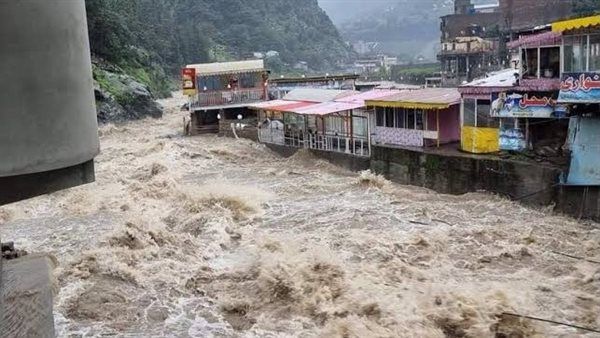
-
Published: 29 August 2022

According to the Global Climate Risk Index, which tracks the devastating human and economic toll of extreme weather events, Pakistan has long ranked among the world's most
vulnerable countries, especially as South Asia has suffered severe weather events in recent months, with heatwaves followed by heavy rains that have killed thousands of people across India, Bangladesh, Afghanistan and now Pakistan.
Floods, the worst in nearly a decade, have hit large areas of Pakistan, while the Government has declared a state of emergency in the country, demanding urgent relief from the international community to combat the damage of more than 30 million people.
Pakistan's southern province of Sindh is preparing for new floods as rivers emerge, feeding the Sindh River, which crosses the country's second most populous region, dozens of mountain waterways north, many of which were overflowed by record rainfall and melting glaciers.
Pakistan considered that climate change was behind devastating and unprecedented rains and was being "unfairly" affected by the consequences of environmentally irresponsible practices in the world.
The seasonal rainy season, which usually lasts from June until September, is essential for irrigating crops and filling lakes and dams throughout the Indian peninsula, but every year it carries with it a wave of destruction that worsens annually with dramatic climate changes.
It is estimated that the country lost nearly 10,000 people to climate-related disasters and suffered approximately $4 billion in losses between 1998 and 2018.
